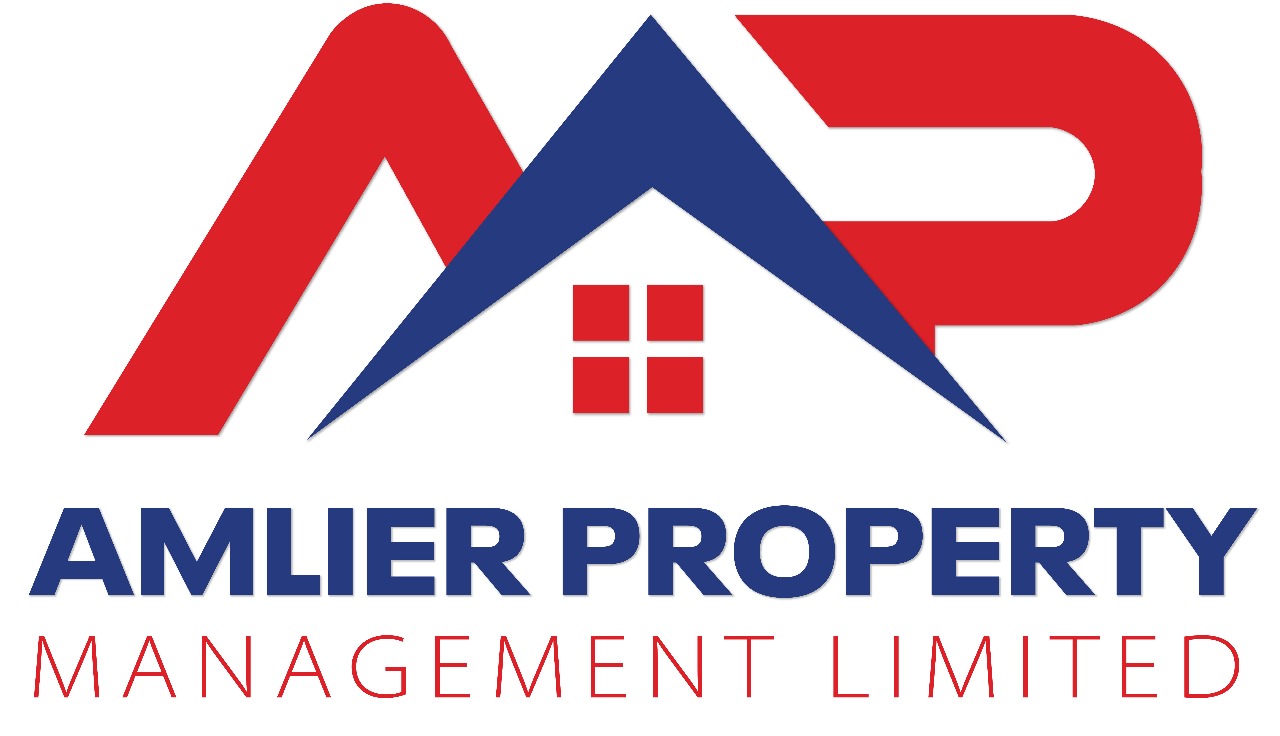As the real estate industry evolves, so too does the field of property management. The integration of advanced technologies is not only changing how property managers operate but also setting new standards for efficiency and tenant satisfaction. Embracing these innovations is key to staying ahead in a competitive market.
One of the most significant advancements in property management is the use of Artificial Intelligence (AI). AI-powered tools can automate routine tasks such as tenant screening, lease processing, and rent collection. By leveraging machine learning algorithms, these tools can analyze large volumes of data to make informed decisions, predict tenant behavior, and identify potential issues before they arise. This automation reduces human error and frees up property managers to focus on more strategic activities.
The rise of Internet of Things (IoT) devices is also transforming property management. Smart building technology enables property managers to remotely monitor and control various systems, including lighting, heating, and security. For instance, smart thermostats can optimize energy usage, reducing costs and environmental impact. Additionally, smart locks provide enhanced security and convenience for tenants, allowing for keyless entry and remote access control.
Virtual and augmented reality (VR and AR) are revolutionizing property marketing and tenant engagement. Virtual tours enable prospective tenants to explore properties from the comfort of their homes, providing an immersive experience that can lead to faster leasing decisions. Augmented reality applications can help current tenants visualize changes or upgrades to their living spaces, enhancing their overall experience.
Data analytics continues to be a powerful asset in property management. Advanced analytics tools provide actionable insights into tenant preferences, market trends, and property performance. By analyzing this data, property managers can make more informed decisions regarding pricing, marketing strategies, and property improvements.
Blockchain technology is also beginning to make waves in property management. Its secure and transparent nature can streamline transactions, enhance lease agreements, and provide a tamper-proof record of property history. This can lead to increased trust and efficiency in property dealings.
In summary, the future of property management is being shaped by technological innovation. AI, IoT, VR, AR, and blockchain are not just trends but transformative tools that can enhance operational efficiency, improve tenant satisfaction, and drive growth. Property managers who embrace these technologies will be well-equipped to navigate the changing landscape and deliver exceptional service in a rapidly evolving industry.



Johny Rewalt
Vital Meckey